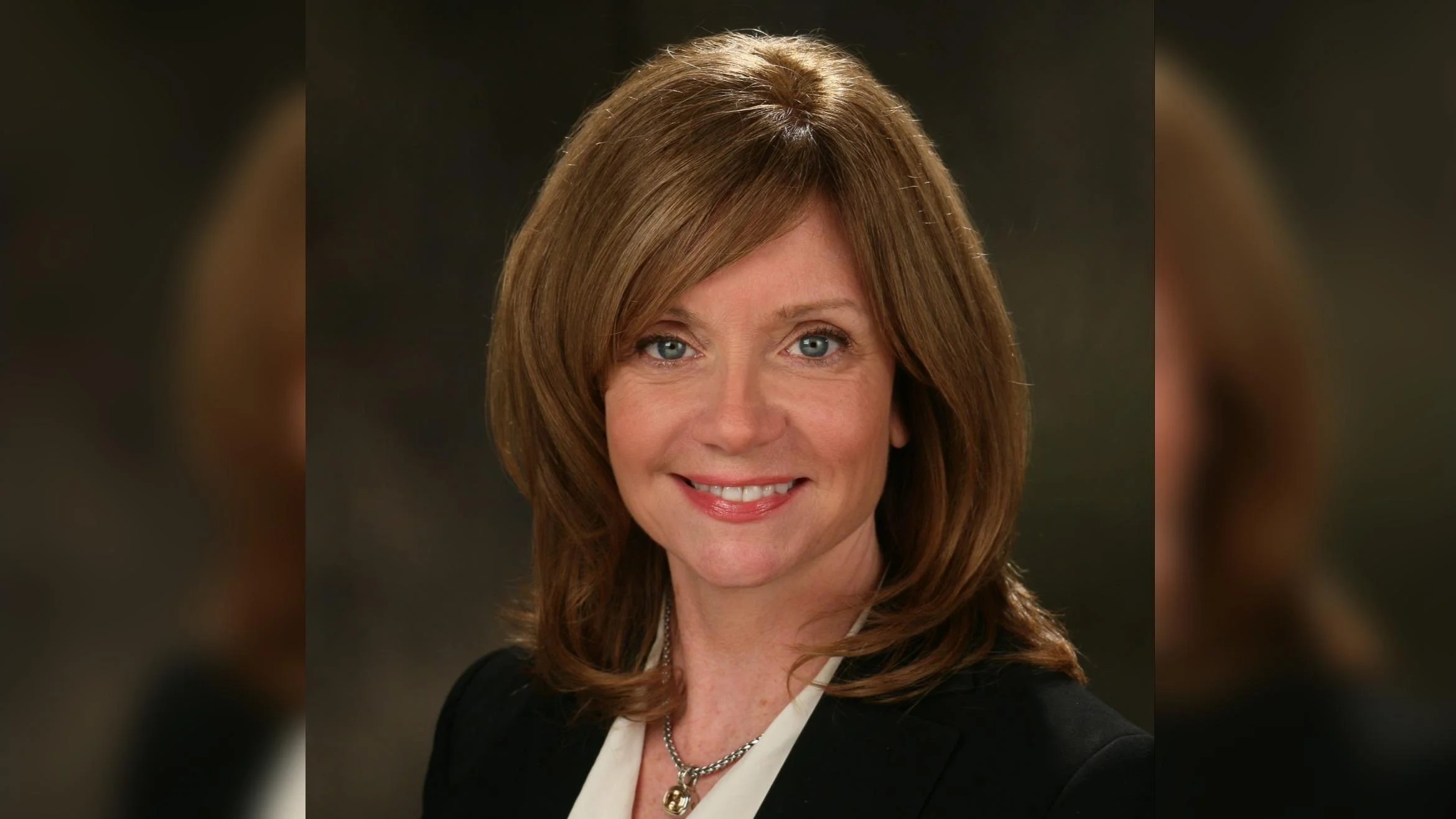
Nearly 10,000 eligible preschoolers in New Jersey's high-poverty "Abbott" school districts did not enroll in free full-day preschool programs last year, according to a report by the Education Law Center. This finding coincides with the 25th anniversary of the New Jersey Supreme Court’s decision in Abbott v. Burke, which mandated such programs for all 3- and 4-year-olds in the state's 31 "Abbott" districts.
The Abbott Preschool program is recognized nationally for delivering high-quality early education. However, a recent report titled "Abbott Preschool at 25: Declining Enrollment Puts a Landmark Program at Risk," released on February 12 by the Education Law Center, indicates that enrollment is decreasing. In the 2023-2024 school year, only 78% of eligible preschoolers (34,930 students) participated in the program. This marks a decrease of over 800 students compared to two decades ago.
The report highlights changes in where preschoolers are educated within the program's mixed delivery system—comprising in-district preschools, private providers, Head Start centers, and charter-run programs. Twenty years ago, private providers and Head Start centers served 71% of preschoolers; this figure dropped to 53% by the 2023-24 school year. Conversely, the share of students educated in-district increased from 29% to 47%.
The decline began before COVID-19 but worsened during the pandemic. Pre-pandemic enrollment had already decreased by 5%. Between the academic years of 2019-20 and 2020-21 alone, there was an additional drop of about 20%.
District-specific losses ranged from as low as a 1% decrease in Burlington City to as high as a 43% decrease in Salem City. While some districts have recovered from pandemic-related declines, most still have enrollments below pre-pandemic levels.
A greater percentage loss was observed among three-year-olds compared to four-year-olds during the pandemic period. In the current academic year (2023-24), just 70% of eligible three-year-olds and 84% of eligible four-year-olds were enrolled—significant decreases from pre-pandemic participation rates.
The report also assessed whether individual districts met New Jersey Department of Education's target of enrolling at least 90% of their eligible preschool population—a requirement under Abbott guidelines. Only five out of thirty-one districts achieved this target during the current school year (Hoboken, Harrison, Irvington, Millville, Salem), which is less than one-third compared to those meeting it back in academic year (2009–10).
Four specific districts managed higher enrollment percentages now than they did fifteen years ago: Hoboken; Harrison; Salem; Pemberton.
“Students in these Abbott districts are constitutionally entitled,” stated Danielle Farrie—ELC research director & co-author—to receive quality early education experiences.” The State along with respective district schools must allocate necessary resources ensuring each student avails themselves uniquely offered opportunities proven beneficial.”
To tackle serious enrollment issues facing Abbot Preschools today—the ELC recommends:
1) Enhanced oversight & effort coordination via NJDOE’s Division Early Childhood Education aiming specifically towards increasing especially three-years old children’s enrollments given long-term benefits associated.
2) Funding directed towards Schools Development Authority (SDA)—for construction projects including additional facilities needed addressing capacity deficiencies.
3) Conducting cost studies evaluating whether per-pupil amounts outlined under state School Funding Reform Act sufficiently meet present-day requirements across various settings/locations.
“This underscores urgency requiring renewed commitment,” said Nicole Ciullo—associate director Policy & Development ELC/co-author—for supporting continued success associated benefiting thousands potential participants thereby enhancing future prospects while reducing chances disability classification/repeat grade scenarios potentially arising otherwise if missed out participating."